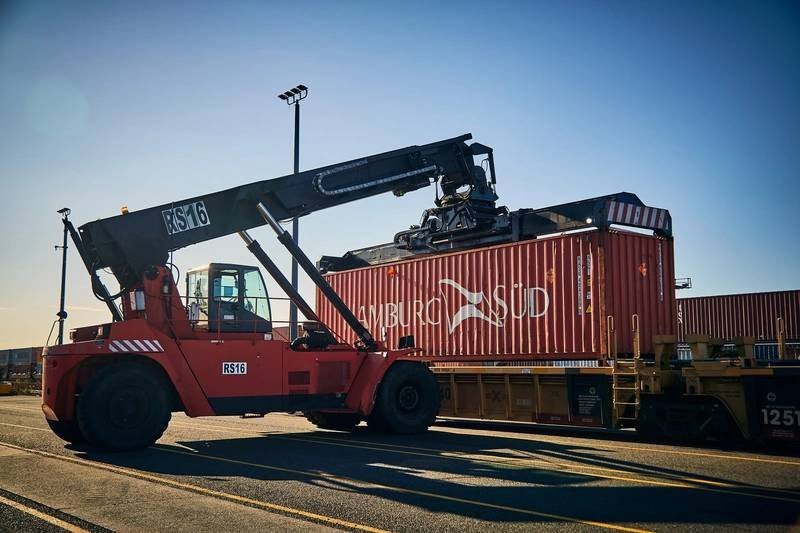Ports are facing pressure to balance operational efficiency with reducing their carbon footprint due to stricter environmental regulations and emissions standards. Propane is emerging as a viable alternative to traditional gas and diesel, offering a way for ports to cut emissions and air pollution without compromising power or efficiency. Propane is non-toxic and has a lower emissions profile compared to gasoline and diesel, making it an approved alternative fuel under the Clean Air Act. When used in engines for port tractors, forklifts, and vehicles, propane emits significantly fewer greenhouse gases, nitrogen oxides, and particulate matter.
Propane offers various environmental benefits in port operations. For example, terminal tractors powered by propane produce 12 percent fewer greenhouse emissions than gasoline, and 99 percent less particulate matter than diesel tractors. Propane forklifts also reduce greenhouse gas emissions by up to 16 percent compared to gasoline-fueled forklifts, and produce significantly fewer nitrogen oxide and sulfur oxide emissions than diesel and electric-powered forklifts. Additionally, renewable propane made from sources like plant oils and animal fats has an even lower carbon intensity score, making it a cleaner fuel option for ports.
In addition to its environmental advantages, propane is praised for its reliability and affordability. Propane has a proven track record of reliability, with the ability to be stored on-site without degradation, ensuring accessibility even during severe weather or power grid interruptions. As domestic propane production continues to increase, prices are expected to remain consistently lower than gas and diesel, making propane a cost-effective choice for port operations. With sustainability becoming a top priority for port authorities, propane is positioned as a clean-burning alternative that can help ports meet emissions standards while maintaining operational efficiency and reliability.





